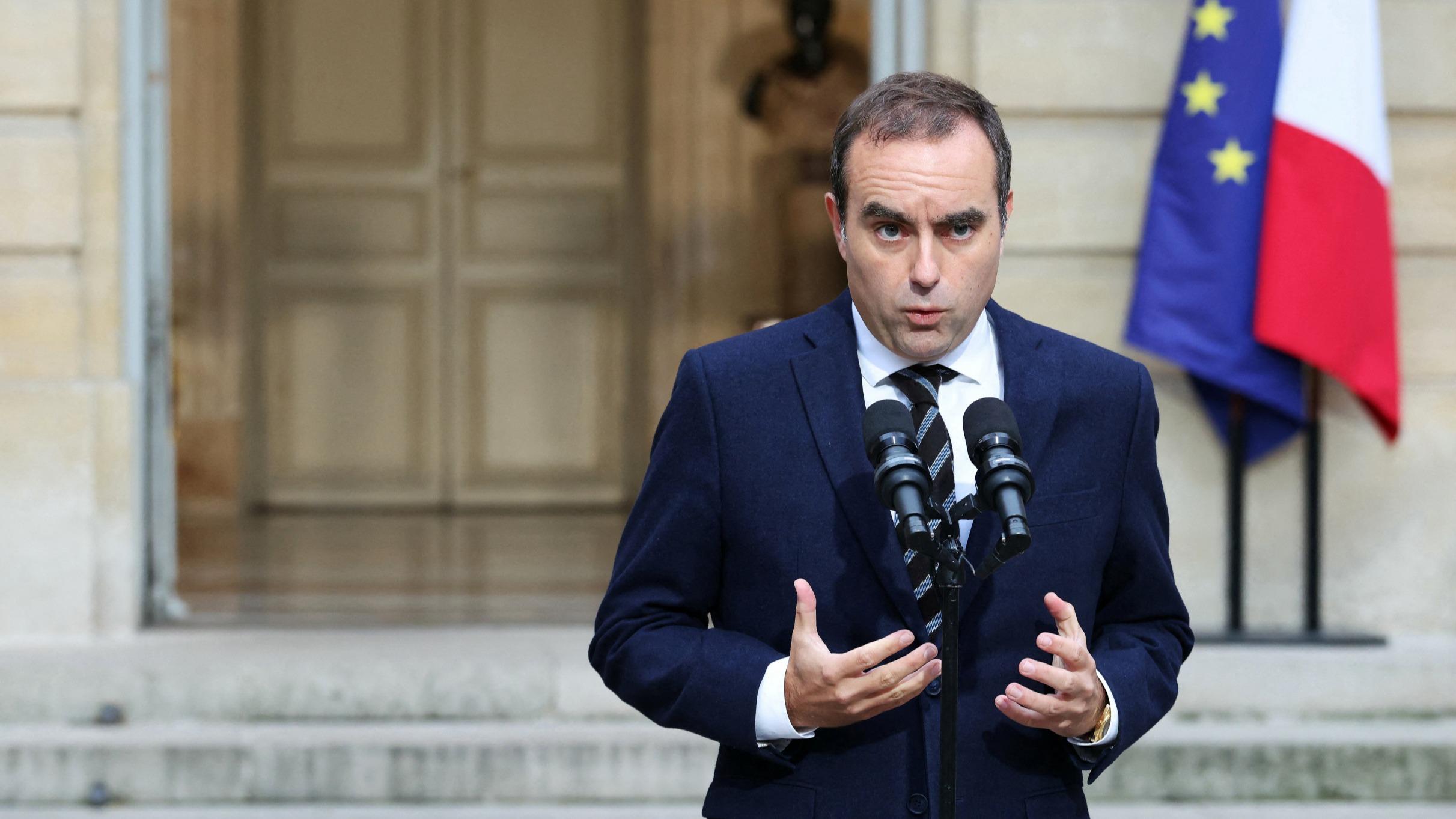Sébastien Lecornu Renounces Article 49.3 in Budget Strategy Amid Rising Political Tensions
Prime Minister Sébastien Lecornu opts out of Article 49.3, sparking mixed reactions from opposition parties as he seeks compromise for the 2026 budget.
- • Lecornu abandons Article 49.3 to encourage parliamentary compromise for the 2026 budget.
- • Left-wing parties cautiously welcome the move but remain critical of pension reform policies.
- • Marine Le Pen threatens censure motion unless Lecornu breaks clearly with Macron's policies.
- • The political landscape is tense, raising questions about government stability.
Key details
On October 3, 2025, French Prime Minister Sébastien Lecornu announced a strategic shift by renouncing the use of Article 49.3 of the Constitution to pass the 2026 budget, aiming instead to find compromises and share power with the National Assembly. In a solemn six-minute address at Matignon, Lecornu emphasized the importance of collaboration with opposition parties, urging them to make gestures without compromising their convictions. This approach seeks to avoid the failures of predecessors Michel Barnier and François Bayrou, who struggled with a lack of parliamentary majority, and aims to prevent an alliance between leftist parties and the National Rally (RN) against his government, though Lecornu acknowledged potential political instability (85791).
The announcement provoked mixed political responses. The left, including the Socialist Party and ecologists, cautiously welcomed the decision to forgo Article 49.3, with Olivier Faure, Socialist Party leader, calling this a "true evolution", noting that opposition to 49.3 had become a defining issue for the French left (85838). However, Fabien Roussel of the French Communist Party expressed disappointment at Lecornu's unwillingness to entertain debate over repealing the pension reform, criticizing the absence of 49.3 as limiting legislative debate despite also blocking amendments such as lowering the retirement age from 64 to 62. Roussel remains cautious about supporting the government, awaiting Lecornu's forthcoming political declaration but acknowledged the impact of recent public mobilizations on fiscal justice discussions targeting the wealthy (85782).
Far-right leader Marine Le Pen further intensified political pressure by meeting Lecornu the same day. She unveiled a change in the Rassemblement National's strategy, threatening to initiate a censure motion against Lecornu during his parliamentary speech on October 7 unless he clearly breaks from "macronisme." Although RN president Jordan Bardella was absent, Le Pen's demands create a pivotal challenge for the Prime Minister as he seeks budget approval (85866).
Lecornu’s refusal to rely on the contentious Article 49.3 underscores his commitment to parliamentary dialogue, yet the divided political spectrum and calls for substantive reforms signal a challenging path ahead. The government's stability and ability to pass the 2026 budget now hinge on delicate negotiations amid increasing tension between the ruling party and opposition forces.
This article was translated and synthesized from French sources, providing English-speaking readers with local perspectives.
Source articles (4)
Source comparison
Date of Lecornu's speech
Sources report different dates for Lecornu's upcoming speech: October 7 vs unspecified date in the future
lemonde.fr
"Lecornu's upcoming speech at the National Assembly is on October 7."
lemonde.fr
"Lecornu will pronounce his political declaration on a Tuesday afternoon, but the specific date is not provided."
Why this matters: The discrepancy in the date of Lecornu's speech could lead to confusion about when key political developments are expected to occur, affecting readers' understanding of the timeline of events.
Latest news
Pau's Local Election Campaign Gathers Momentum Amid Broader Political and Economic Concerns
French Companies and Regions Accelerate Efforts in Nature-Related Economic Transition
France Heightens Military Readiness Amid Iran Conflict, Pledges Defense Support to Gulf States
Jean-Luc Mélenchon Faces Accusations of Antisemitism Over Joke on Raphaël Glucksmann's Name
Tensions and New Faces Mark the 2026 French Municipal Elections
France Bolsters Military Presence in Gulf Following Iranian Drone Attacks
The top news stories in France
Delivered straight to your inbox each morning.


